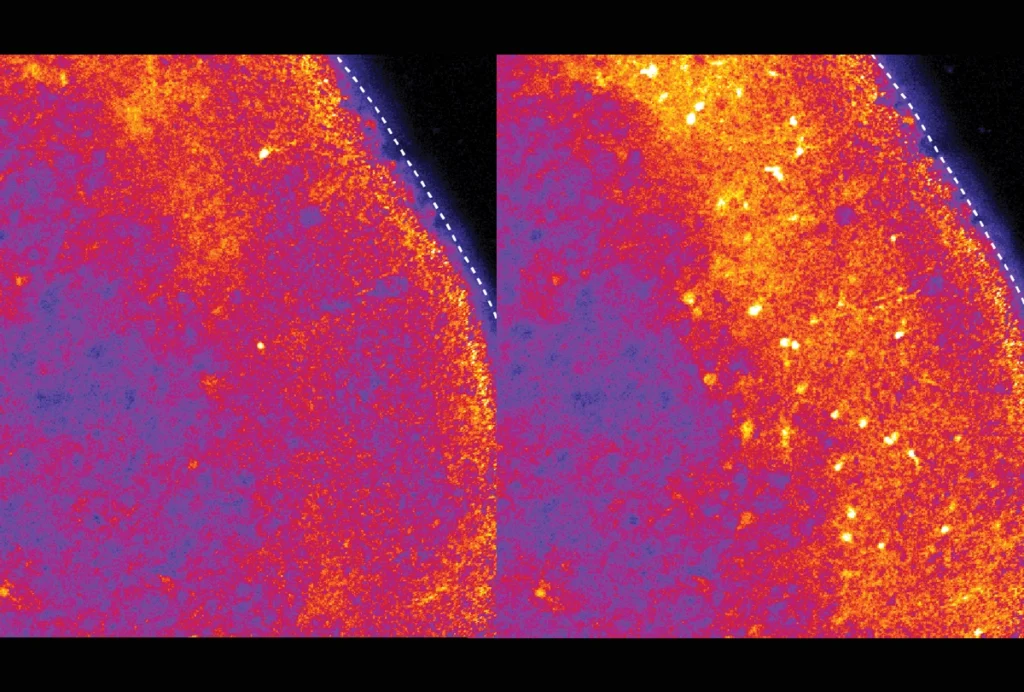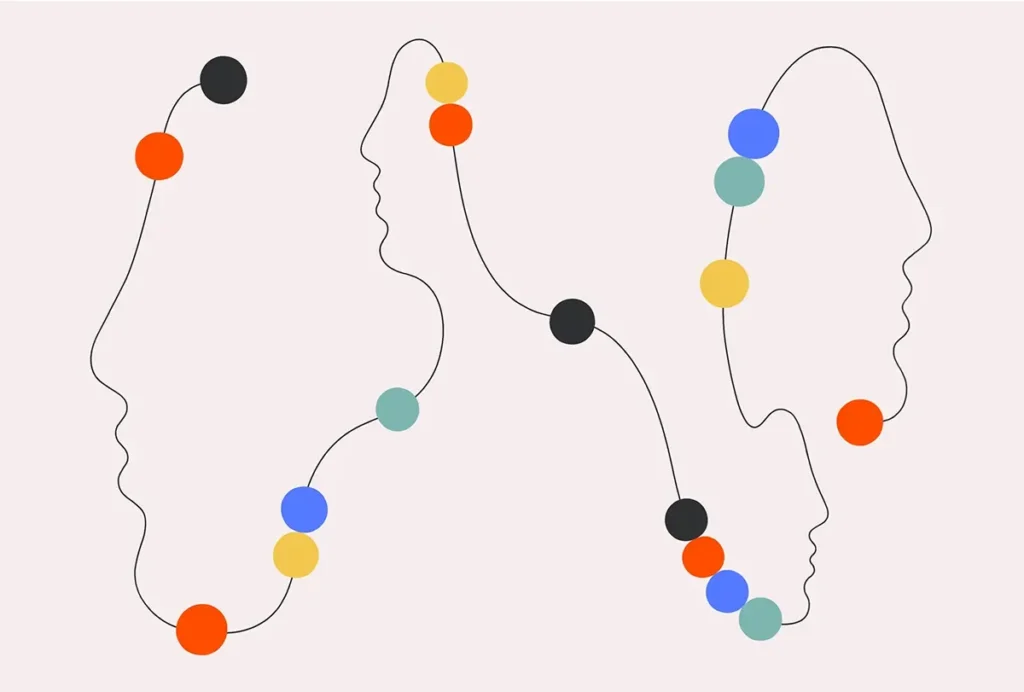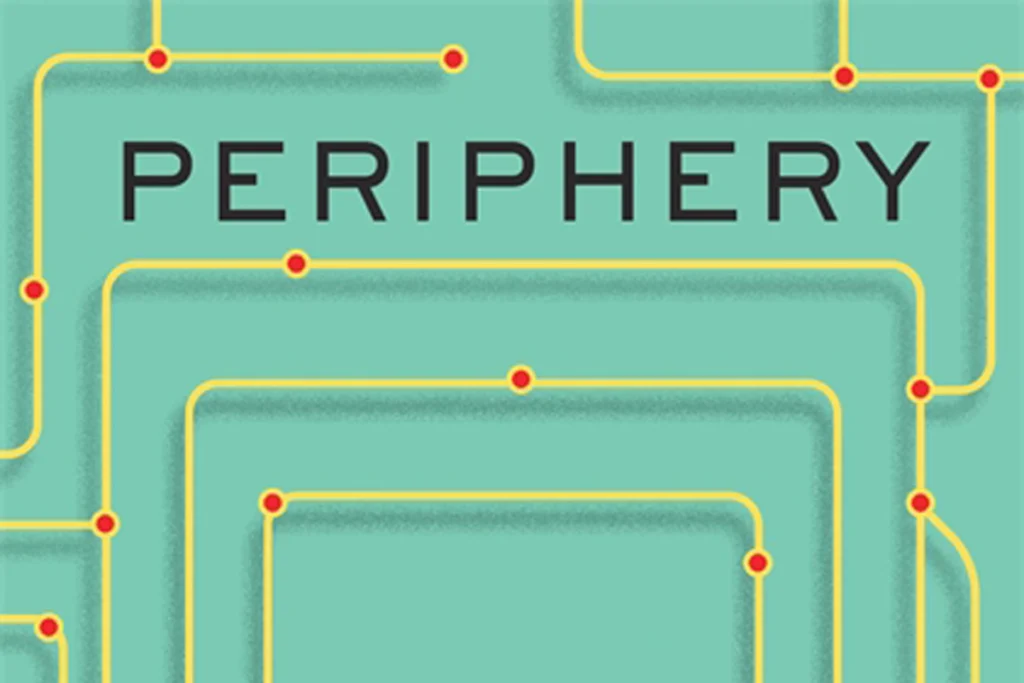
Exclusive: Investigation prompts retraction of 17 studies from now-shuttered clinic
The University of Maryland found the papers included some data without participant consent.
A psychology journal has retracted eight studies authored by its editor-in-chief, a psychology researcher, following a university investigation that found failure to obtain participant consent.
The incident involving Dennis Kivlighan Jr., the editor in chief, and his colleagues will result in a total of 17 retractions across three journals, Spectrum has learned.
Kivlighan, professor of counseling psychology at the University of Maryland at College Park, co-authored all eight papers with university colleague Clara Hill, professor of psychology. Charles Gelso, professor emeritus of psychology at the university, also worked on four of the papers.
Kivlighan, Hill and Gelso were co-directors of the Maryland Psychotherapy Clinic and Research Lab, where the research was performed. The clinic had shut down as of 1 June, according to the clinic’s website, but it is unclear why.
The eight papers were published in the Journal of Counseling Psychology, an American Psychological Association title, between July 2017 and November 2022 and examined how different aspects of the therapist-client relationship influence the measured and perceived success of psychotherapy.
All eight retraction notes, published in the July issue of the journal, say that the authors requested the retractions after an investigation by the University of Maryland Institutional Review Board (IRB) found that each of the studies used data from between one and four people “who either had not been asked to provide consent or had withdrawn consent for their data to be included in the research.”
Spectrum contacted Melissa Thompson, the University of Maryland research integrity officer, for more information; she forwarded the request to the press office. A press representative then referred us to the retraction notice and said she could not provide more information about the shuttering of the clinic by this story’s deadline. Spectrum also reached out to IRB staff but did not receive a response.
Hill did not respond to requests for comment. Kivlighan wrote, “It is my understanding that the university has responded to this inquiry. Thanks so much for being in touch,” in an email. Gelso wrote, “Let me discuss your request with my colleagues before I reply to you,” in an email but did not respond further by deadline.
The three most cited papers of the eight retracted so far have 28, 19 and 11 citations, respectively, according to Clarivate’s Web of Science. Half of the eight papers have been cited only once or not at all.
The additional nine retractions will appear across the journals Dreaming, Psychotherapy and Journal of Counseling Psychology later this year, Rose Sokol, publisher of journals and books at the American Psychological Association, told Spectrum in an email.
“It is APA policy that if an editor submits to the journal they edit, it is handled by someone not on the editorial board, such as a former editor, and the editor cannot view those submissions,” Sokol said in an email. “Along with this policy, if a retraction were required, the editor would not review their own retraction notice or partake in the process beyond that as author.”
Since 2018, Kivlighan has authored 37 out of the 369 papers published in Journal of Counseling Psychology, the most of any author in the same period, according to Clarivate’s Web of Science. He has served as editor-in-chief since 2017.
Explore more from The Transmitter

RNA drug corrects calcium signaling in chimeric model of Timothy syndrome

